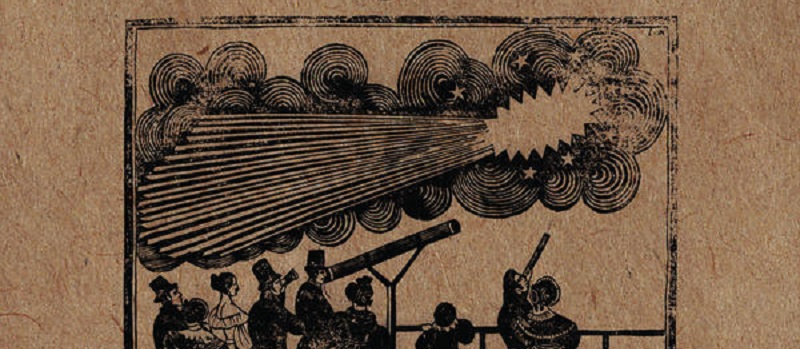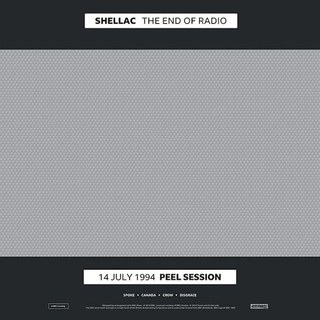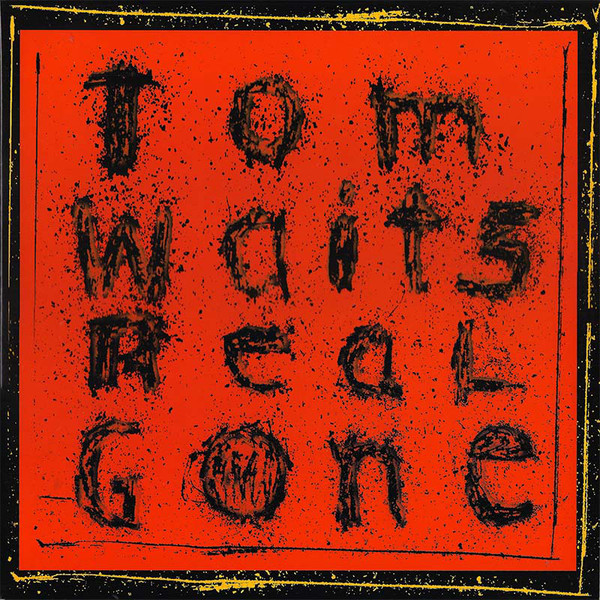Book of Silk is an appropriate title for Tin Hat Trio’s latest outing, a 15-song collection whose subtle beauties are delicate but harbor an eerily ominous sense of darkness and light.
Core members Rob Burger, Carla Kihlstedt, and Mark Orton are as breathtaking as ever, presenting a cinematic portrait of landscapes where jazz, various genres of folk, and classical quartets combine. But the record expands upon the themes of earlier Tin Hat Trio gems like Memory is an Elephant and Helium by doing the precise opposite and reducing the group’s sound to more naked elements. In its finest moments, the record has all the trembling immediacy of a whisper and the spare, haunting resonance of a passing phantom.
Though songwriting duties in the record’s first half are almost evenly divided, it is the Orton and Kihlstedt compositions that really set the stage, whether it’s the somber, swelling serenade of the album-opening “The Longest Night,” the pulsing piano and guitar descents of “Compay,” the infectious Djanjo Reinhardt swing of “Hotel Aurora,” or the unspoken narratives and dark drones of “March of the Smallest Feet.”
But it’s Burger who absolutely steals the spotlight with “Osborne Avenue,” which centers on an unadorned cluster of piano notes that borders on the devastating. Just as the piece seems to be reaching its Satie denouement, the piano fades to give way to what sounds like a muted tuba, a faux-jazz funeral dirge that feels like it’s being broadcast through a veil of gauze.
In the record’s later moments, things seem to favor an even more stripped-down or somber sound. There are some exceptions to the rule — the Bill Frisell-tinged jazz-blues guitar of the deceptively optimistic “Things That Might Have Been,” the Morricone soundscapes of “Red Hook Stoop,” or the too-short “Same Shirt, Different Day.”
But the closing chapters of Book of Silk seem more resigned to melancholy and reflection.
As evidence, consider the spare Spaghetti Western ode “Pablo Looks Back,” complete with reverbed whistling; or the emotive, acoustic ballad “Lauren’s Lullaby,” another track adorned with touches of Frisell; or the majestic, album-closing “Empire of Light.” It’s on that track — a simple but alarmingly good romantic poem dedicated to Lauren Elizabeth Orton — that Kihlstedt sings the album’s only lyrics, surrounded by ascending strings and sounding like a smoky-voiced siren trapped in the crevices of a dreamy, old jazz 78.
Some of the images in the record’s liner notes (cryptic vials and moth boxes designed by Kihlstedt) call to mind the brilliant American artist Joseph Cornell and his attention to the sometimes-unspoken beauty of everyday objects. Listening to the closing verses of a song like “Empire of Light,” one can’t help but feel that Tin Hat Trio continues to excel in much the same way Cornell during his life — the trio’s carefully constructed expressions and statements are packed with meaning but, below the surface, resonate the most when the listener seeks to embrace them on emotional, as well as artistic, levels. – Delusions of Adequacy, March 17, 2005
-30-




